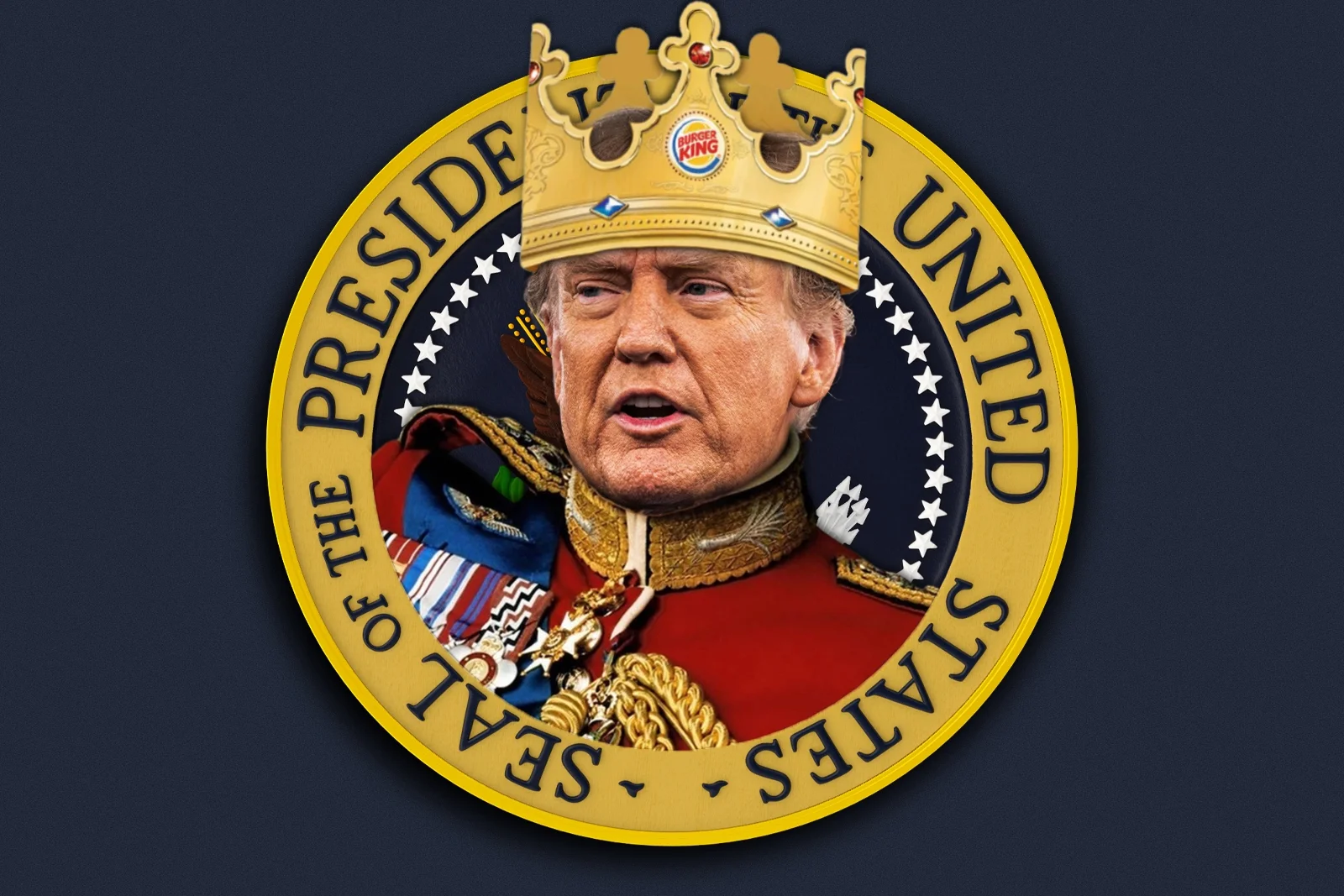
Politics
Trump is Abusing What’s Left of Post-Watergate Reforms
President Donald Trump’s heavy reliance on odious executive orders is not the first time fears of an imperial presidency have surfaced. Over fifty years ago, in 1973, historian Arthur Schlesinger Jr. warned of the gradual expansion of executive power, a process that began under Franklin Roosevelt and culminated in Richard Nixon’s presidency.
During that era, Congress ceded significant authority to the executive branch through a combination of active legislation and passive acquiescence. However, Nixon’s excesses provoked a legislative backlash aimed at curbing presidential overreach, leading to the so-called post-Watergate reforms. Yet, half a century later, these reforms have run their course, failed, or proved ineffective in limiting the imperial presidency under Donald Trump, suggesting a new wave of reform is needed.
The Nixon presidency exposed critical flaws in American politics, governance, and constitutionalism. One major abuse stemmed from the Vietnam War, which was never formally declared by Congress. President Lyndon Johnson capitalized on alleged attacks against U.S. Navy ships near North Vietnam to secure the Gulf of Tonkin Resolution, granting him expansive powers to escalate military operations. Both Johnson and Nixon used this authority to intensify the conflict and conduct unauthorized military campaigns in Cambodia.
Nixon also clashed with a Democratic-controlled Congress determined to fund social welfare initiatives under the Great Society. In response, he unlawfully withheld funds that Congress had appropriated, defying constitutional requirements. His misuse of emergency powers added further strain. To combat inflation, he invoked outdated World War II-era statutes to impose wage and price controls without new legislative authorization.
The Watergate scandal revealed additional abuses, including illegal campaign fundraising and covert political sabotage, exemplified by the break-in at the Democratic National Headquarters. In response to these crises, Congress introduced a series of legislative reforms designed to rein in executive power.
The War Powers Act of 1973 sought to limit the president’s authority to deploy troops without congressional consent, reinforcing Congress’s exclusive right to declare war. The 1974 Impoundment Control Act aimed to prevent the president from withholding funds appropriated by Congress while also formalizing the budget process with new rules and deadlines. Similarly, the 1976 National Emergencies Act established guidelines for declaring national emergencies, requiring the president to justify such actions and granting Congress the ability to terminate them. Finally, the 1974 amendments to the Federal Election Campaign Act sought to reduce corruption by limiting campaign contributions and expenditures, increasing financial transparency, and public financing of presidential elections.
Despite these efforts, the reforms began to unravel soon after their passage. The War Powers Act has been largely ineffective, as no president has formally invoked it. Instead, they have continued to justify military interventions under their own constitutional authority or by securing congressional resolutions, as George W. Bush did. The Act’s reliance on a legislative veto—a mechanism invalidated by the Supreme Court in INS v. Chadha—has further undermined its enforceability.
The Impoundment Control Act has fared no better. Although outright impoundment has ceased, federal budgets have been plagued by chronic delays and disputes, with only four completed on time since 1976. The National Emergencies Act has similarly struggled to restrain presidential authority, as it relies on a constitutionally dubious legislative veto.
Campaign finance reforms were swiftly weakened by the Supreme Court’s 1976 Buckley v. Valeo decision, which invalidated key provisions of the FECA amendments. Subsequent rulings, particularly under Chief Justice John Roberts, have continued to erode the nation’s campaign finance laws, leaving little of the original framework intact.
By the time Trump assumed office, these reforms were already faltering. His early actions revealed the extent of their erosion. He invoked emergency powers to deploy troops to the southern border, threatened to withhold congressionally approved funds, clashed with NATO allies over Greenland, and oversaw an inaugural committee awash in corporate donations. These events underscored the urgent need for a renewed effort to constrain executive authority.
The post-Watergate reforms were effective for a time but relied on a political environment characterized by bipartisan cooperation and congressional accountability—conditions that no longer exist in today’s hyper-partisan landscape. With party loyalty now often taking precedence over constitutional checks and balances, the legislature’s ability to hold the executive branch accountable has been severely weakened.
One of the failures of the post-Watergate reforms was the failure to address what political scientists call the unwritten norms of governance. These are the rules that we just expect public officials to follow, including presidents. These are norms that say you recognize the legitimacy of an election, you do not threaten opponents with jail, or that you do not abuse executive orders or the position of president for personal gain and benefit. Nixon broke those unwritten rules, but for fifty years, nearly every president honored the integrity of our political process.
Donald Trump’s most significant threat to democracy is not merely his violation of the four key post-Watergate reforms but his flagrant disregard for the unwritten norms of governance. For too long, the U.S. has relied on the self-restraint of those in the presidency to prevent executive overreach. Trump has demonstrated that this reliance is insufficient, making it imperative for Congress to reclaim the powers it has ceded to the executive and impose stricter checks on presidential authority.
